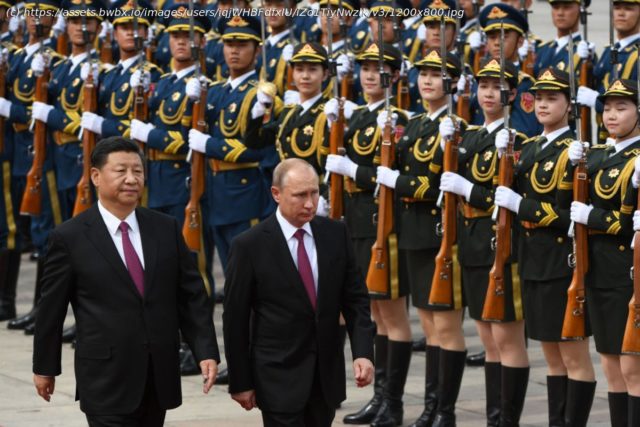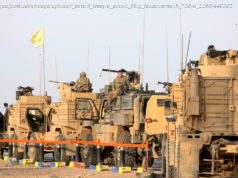The U.S. may be able to repulse an assault on Taiwan or the Baltics. But what comes next?
“For every thousand pages published on the causes of wars,” wrote the scholar Geoffrey Blainey half a century ago, “there is less than one page on the causes of peace.” A modified version of Blainey’s lament might usefully guide U.S. military planning today. The Pentagon is getting serious about prevailing in the opening stages of a war with China or Russia. But wars between great powers rarely end after the opening salvo. The U.S. needs to be preparing for big, grinding conflicts that could drag on for months or years — and thinking as much about how those wars will end as how they might begin. The scenarios for a war against China or Russia are easily imaginable. Beijing tries to invade Taiwan or make it surrender through bombardment and blockade. Chinese forces strike U.S. allies, such as Japan or the Philippines, in Asia’s inner seas. Russia launches a Baltic blitz against the North Atlantic Treaty Organization’s most exposed members. American military planners have, appropriately, turned their attention to deterring these moves and fighting back if they occur. They are focusing especially on avoiding the fait accompli — where Russia or China uses military superiority around the target to quickly grab territory that is just too costly for the U.S. to liberate. So the Pentagon must amass the capabilities, and devise the concepts, necessary to break a Russian armored assault or sink a Chinese invasion fleet. But then what? Even if the U.S. succeeded in blocking the first attack, the war might not end quickly. Ever since the Industrial Revolution and the advent of the mass army allowed countries to mobilize resources on a gargantuan scale, great-power wars have more often been long than short. The Napoleonic Wars, the U.S. Civil War, World Wars I and II — all were decided by slow, relentless attrition rather than rapid, decisive annihilation.






